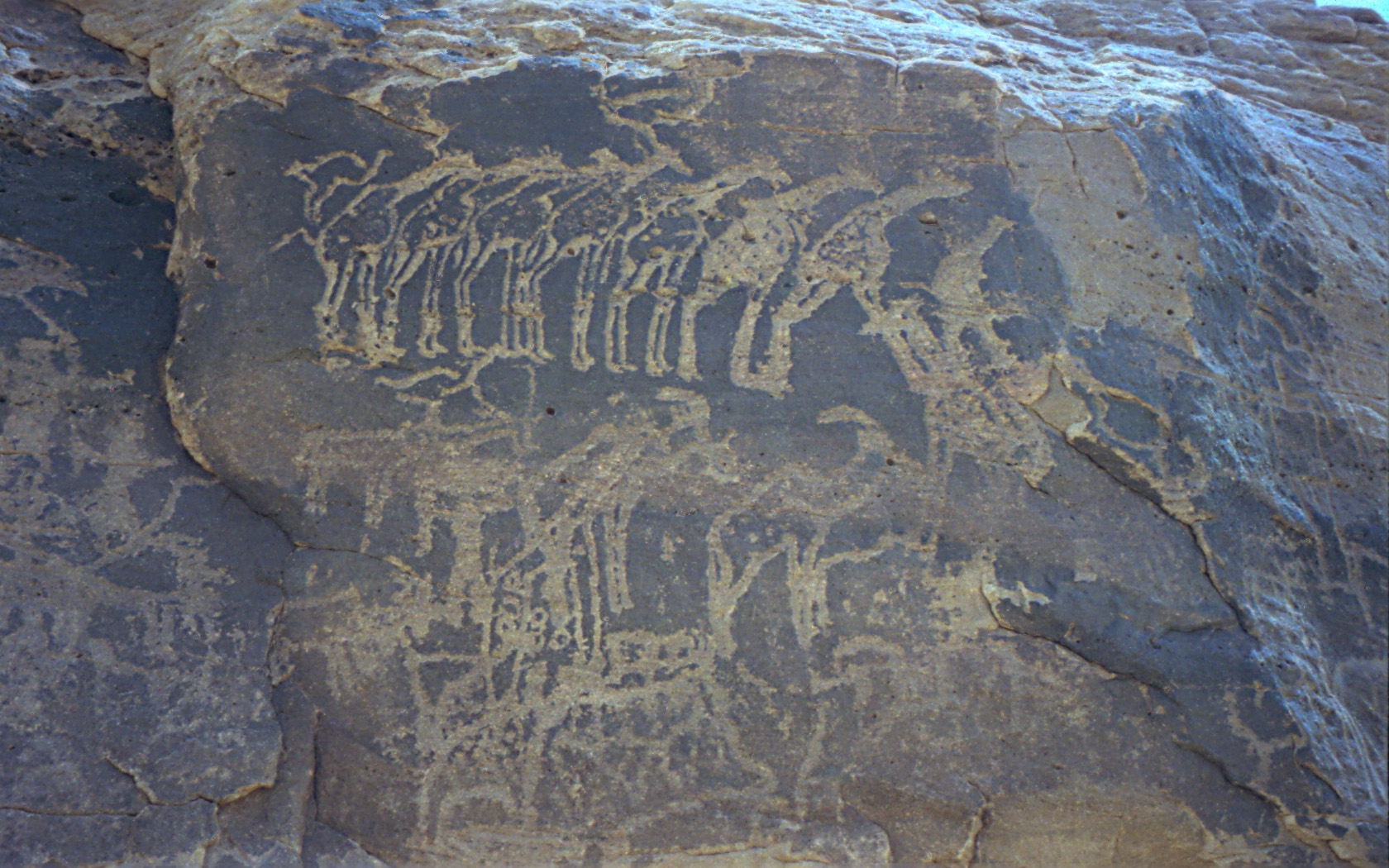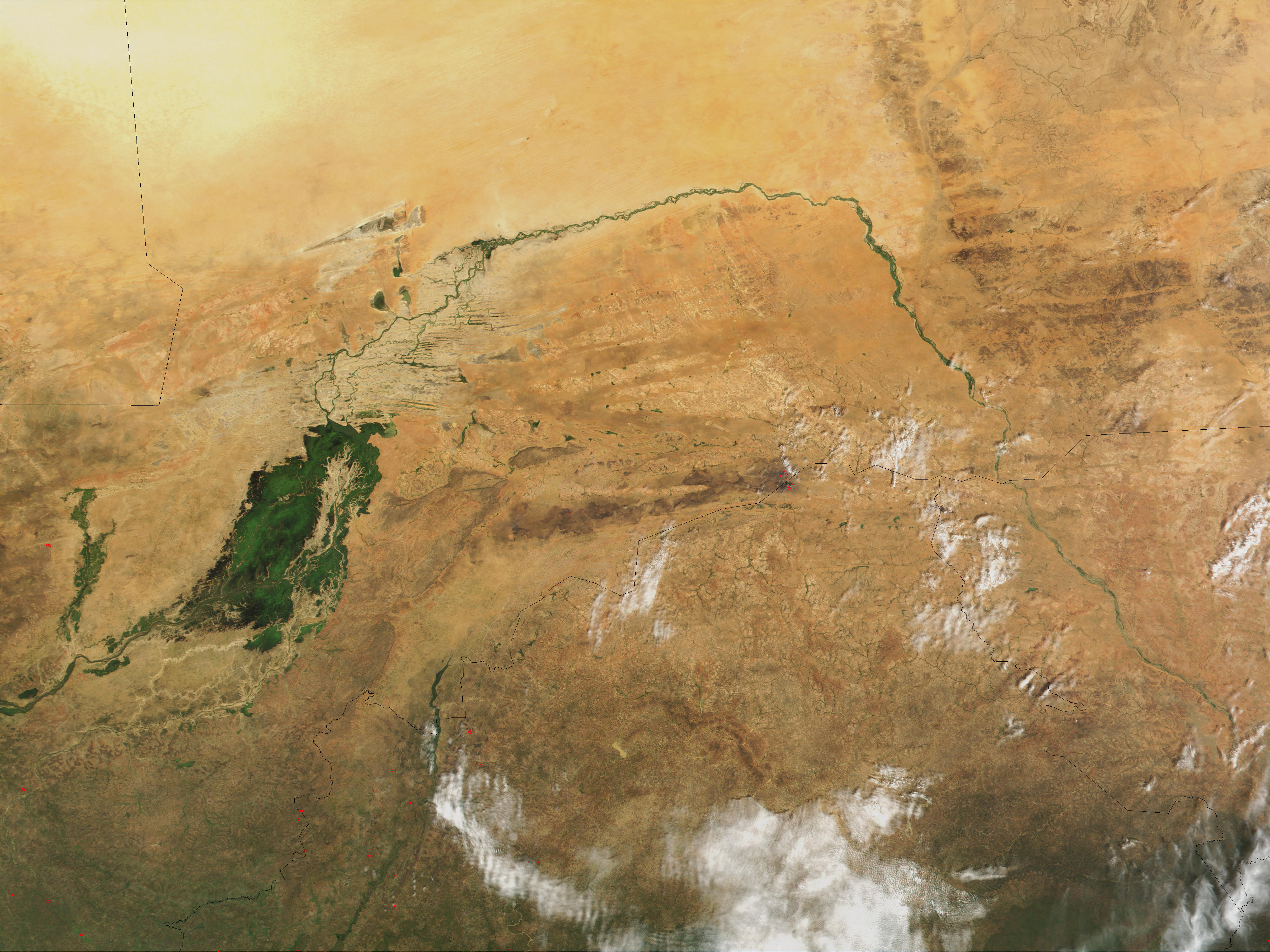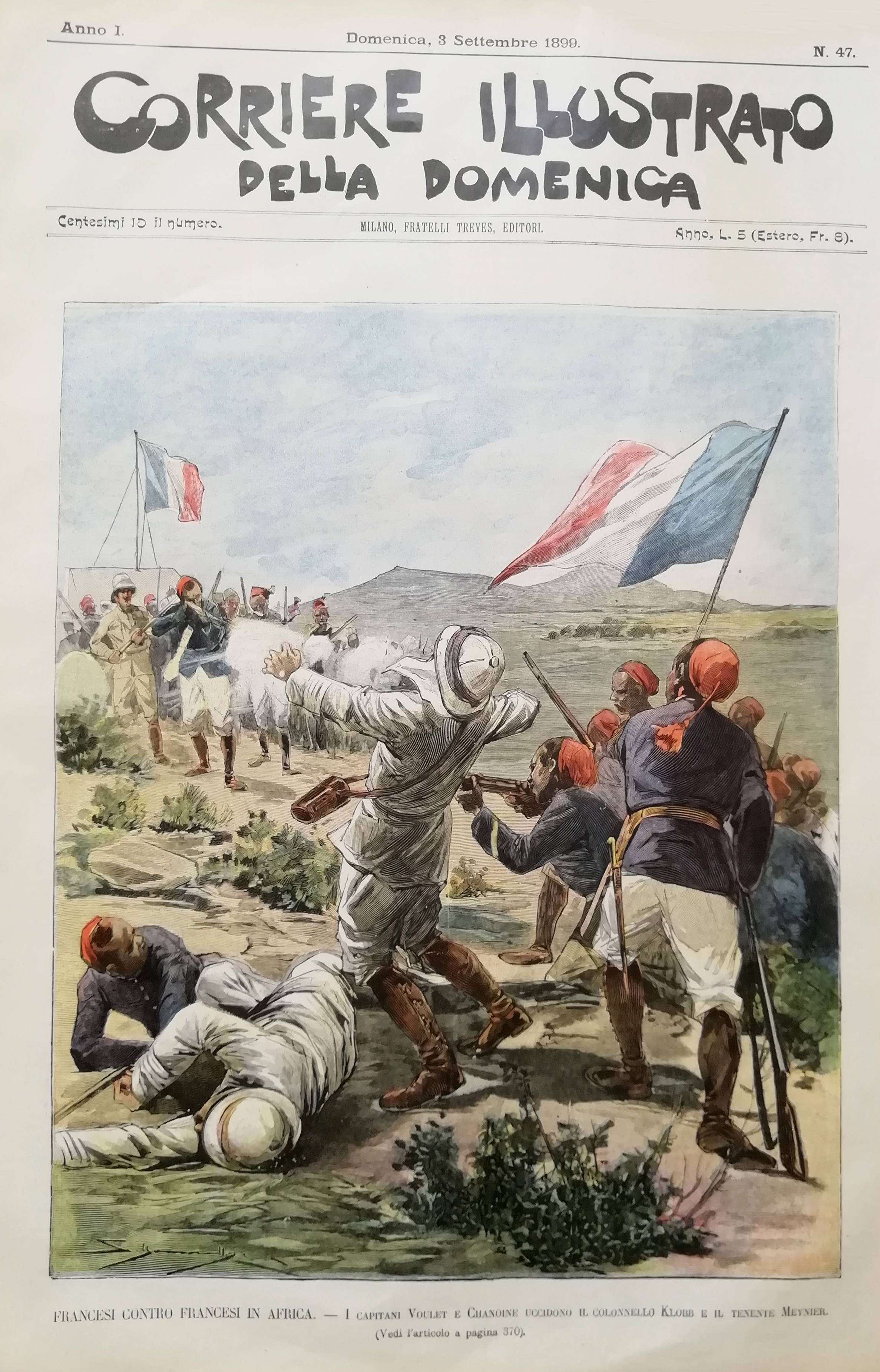|
Maouri
The Maouri people are an ethnic group in western Africa. They are one of the major ethnic groups of Niger, and are concentrated around the ''Dallol Maouri'' (Maouri Valley) of the Niger River, extending from Matankari, near Niamey, to Gaya. They are a subgroup of the Hausa people, and speak both the Hausa language and the Djerma language (or Zarma). When using the Zarma language, they are known as the Arawa people. The establishment of the Maouri people is uncertain, though many sources indicate descent from the Bornu Empire. The Maouri established two capitals in Matankari and Lougou, with religious authority based in Bagaji. The Maouri are animistic, with beliefs based on the Doguwa spirits. Islam (especially in Dogondoutchi) and Christianity have since gained some adherents among the Maouri, but they still largely hold to traditional beliefs, including fetishes. They resisted an attempted forced conversion to Islam in the early 19th century during the Fulani jihads and ... [...More Info...] [...Related Items...] OR: [Wikipedia] [Google] [Baidu] |
Niamey
Niamey () is the capital and largest city of Niger. As the Niamey Urban Community (, CUN), it is a Regions of Niger, first-level division of Niger, surrounded by the Tillabéri Region, in the western part of the country. Niamey lies on the Niger River, primarily situated on the river's east bank. The capital of Niger since the Colony of Niger, colonial era, Niamey is an ethnically diverse city and the country's main economic centre. Before the French developed it as a colonial centre, Niamey was the site of villages inhabited by Fula people, Fula, Zarma people, Zarma, Maouri people, Maouri, and Songhai people, Songhai people. French expeditions first visited Niamey in the 1890s before Captain established a military post in 1901. Niamey replaced Zinder as the territorial capital from 1903 to 1911 and again in 1926, after which large-scale development occurred. The first city plan in 1930 relocated neighbourhoods and enacted Racial segregation, segregation of European and indigen ... [...More Info...] [...Related Items...] OR: [Wikipedia] [Google] [Baidu] |
Dogondoutchi
Dongondoutchi ("High Hill", also nicknamed Doutchi) is a commune in Niger. It is located about 300 km east of the capital Niamey and 40 km from the Nigerian border. It lies on national route 1 which links the capital to the towns of Maradi and Zinder to the east and the RN25 heading to north to Tahoua, Agadez and Arlit. The limits of the Dogondoutchi district are roughly those of the ancient region of the Arewa. Since 2008, Dogondoutchi is the administrative centre of the surrounding Dogondoutchi department which carries the same name. It is part of the Dosso Region. The population is near 70,000 distributed over the urban centre with near 40,000, 17 villages lying 5 to 30 km from the centre and 5 Fula tribes. Geography and geology Site of Dogondoutchi The town of Dogondoutchi is dominated to the north by the imposing hill from which it derives its name and it lies along an intermittent river, the Mawri Dallol. It is situated in the southeast of Niger betwe ... [...More Info...] [...Related Items...] OR: [Wikipedia] [Google] [Baidu] |
Hausa People
The Hausa (Endonym, autonyms for singular: Bahaushe (male, m), Bahaushiya (female, f); plural: Hausawa and general: Hausa; exonyms: Ausa; Ajami script, Ajami: ) are a native ethnic group in West Africa. They speak the Hausa language, which is the second most spoken language after Arabic in the Afro-Asiatic languages, Afro-Asiatic language family. The Hausa are a culturally homogeneous people based primarily in the Sahelian and the sparse savanna areas of southern Niger and northern Nigeria respectively, numbering around 86 million people, with significant populations in Benin, Cameroon, Ivory Coast, Chad, the Central African Republic, Togo, and Ghana, as well as smaller populations in Sudan, Eritrea, Equatorial Guinea, Gabon, Senegal, and Gambia. Predominantly Hausa-speaking communities are scattered throughout West Africa and on the traditional Hajj route north and east traversing the Sahara, with an especially large population in and around the town of Agadez. Other Hausa have al ... [...More Info...] [...Related Items...] OR: [Wikipedia] [Google] [Baidu] |
Niger
Niger, officially the Republic of the Niger, is a landlocked country in West Africa. It is a unitary state Geography of Niger#Political geography, bordered by Libya to the Libya–Niger border, north-east, Chad to the Chad–Niger border, east, Nigeria to the Niger–Nigeria border, south, Benin and Burkina Faso to the Benin-Niger border, south-west, Mali to the Mali–Niger border, west, and Algeria to the Algeria–Niger border, north-west. It covers a land area of almost , making it the largest landlocked country in West Africa and the second-largest landlocked nation in Africa behind Chad. Over 80% of its land area lies in the Sahara. Its Islam in Niger, predominantly Muslim population of about million lives mostly in clusters in the south and west of the country. The capital Niamey is located in Niger's south-west corner along the namesake Niger River. Following the spread of Islam to the region, Niger was on the fringes of some states, including the Kanem–Bornu Empire ... [...More Info...] [...Related Items...] OR: [Wikipedia] [Google] [Baidu] |
Niger River
The Niger River ( ; ) is the main river of West Africa, extending about . Its drainage basin is in area. Its source is in the Guinea Highlands in south-eastern Guinea near the Sierra Leone border. It runs in a crescent shape through Mali, Niger, on the border with Benin and then through Nigeria, discharging through a massive River delta, delta, known as the Niger Delta, into the Gulf of Guinea in the Atlantic Ocean. The Niger is the third-longest river in Africa, exceeded by the Nile and the Congo River. Its main tributary is the Benue River. Etymology The Niger has different names in the different languages of the region: * Fula language, Fula: ''Maayo Jaaliba'' * Manding languages, Manding: ''Jeliba'' or ''Joliba'' "great river" * Tuareg languages, Tuareg: ''Eġərəw n-Igərǝwăn'' "river of rivers" * Songhay languages, Songhay: ''Isa'' "the river" * Zarma language, Zarma: ''Isa Beeri'' "great river" * Hausa language, Hausa: ''Kwara'' *Nupe language, Nupe: ''Èdù'' ... [...More Info...] [...Related Items...] OR: [Wikipedia] [Google] [Baidu] |
Ethnic Group
An ethnicity or ethnic group is a group of people with shared attributes, which they collectively believe to have, and long-term endogamy. Ethnicities share attributes like language, culture, common sets of ancestry, traditions, society, religion, history or social treatment. Ethnicities may also have a narrow or broad spectrum of genetic ancestry, with some groups having mixed genetic ancestry. ''Ethnicity'' is sometimes used interchangeably with ''nation'', particularly in cases of ethnic nationalism. It is also used interchangeably with '' race'' although not all ethnicities identify as racial groups. By way of assimilation, acculturation, amalgamation, language shift, intermarriage, adoption and religious conversion, individuals or groups may over time shift from one ethnic group to another. Ethnic groups may be divided into subgroups or tribes, which over time may become separate ethnic groups themselves due to endogamy or physical isolation from the parent gr ... [...More Info...] [...Related Items...] OR: [Wikipedia] [Google] [Baidu] |
Konni (Hausa State)
Konni is a traditional Hausa state in what is today south central Maradi Region Niger and north Sokoto State Nigeria. It continues to exist as a ceremonial polity centered on the Nigerien city of Birni-N'Konni. A small independent Hausa state in the medieval period, Konni was conquered by its larger neighbor Gobir around 1750. It remained, along with Gobir, a largely animist (locally called Arna) stronghold. It was overrun and sacked by forces of the Sokoto Caliphate at the beginning of the 19th century, but had reverted to suzerainty of Azna states in modern Niger when French colonial forces entered the area at the end of the century. Its capital Birni-N'Konni (Hausa for ''Citadel of Konni''), was sacked by the French Voulet–Chanoine Mission in the 1898, and later assimilated into French West Africa French West Africa (, ) was a federation of eight French colonial empires#Second French colonial empire, French colonial territories in West Africa: Colonial Mauritania, Mauri ... [...More Info...] [...Related Items...] OR: [Wikipedia] [Google] [Baidu] |
Battle Of Lougou
The French Voulet–Chanoine Mission, led by the captains Paul Voulet and Julien Chanoine, had been dispatched in 1898 to Africa by the French government with the mission to conquer the territories between the Niger River and Lake Chad and join in uniting French territories in West Africa. After leaving French Sudan in January 1899, they ruthlessly subjugated the native peoples, meeting little resistance. One of the few to resist was the sorcerer queen Sarraounia, ruler of the ''Azna'', a pagan Paganism (, later 'civilian') is a term first used in the fourth century by early Christians for people in the Roman Empire who practiced polytheism, or ethnic religions other than Christianity, Judaism, and Samaritanism. In the time of the ... people in a long Islamized region. Determined to bar the expedition's road, Sarraounia wrote to Voulet a provocative letter full of insults; the French took up the challenge, and on 15 April left the camp, marching towards the villages ... [...More Info...] [...Related Items...] OR: [Wikipedia] [Google] [Baidu] |
Voulet–Chanoine Mission
The Voulet–Chanoine Mission, also called Central African-Chad Mission (), was a French military expedition sent out from Senegal in 1898 to conquer the Chad Basin and unify all French territories in West Africa. This expedition operated jointly with two other expeditions, the Foureau–Lamy Mission, Foureau–Lamy and Gentil Mission, Gentil missions, which advanced from Algeria and Middle Congo respectively. The refusal of the expedition commander and his second-in-command to follow orders from France, their murder of a commanding officer and their subsequent deaths at the hands of their own soldiers cast a dark shadow over France's emerging colonial empire in Africa at the end of the 19th century. The expedition is remembered for its descent into depravity and extreme violence, actions which today would legally be considered war crimes. Structure and directives The Voulet–Chanoine Mission to Lake Chad set out from Dakar in November 1898, moving through French Sudan (modern Ma ... [...More Info...] [...Related Items...] OR: [Wikipedia] [Google] [Baidu] |
Sarraounia
Sarraounia Mangou was a chief/priestess of the animist Azna subgroup of the Hausa, who fought French colonial troops of the Voulet–Chanoine Mission at the Battle of Lougou (in present-day Niger) in 1899. Biography ''Sarraounia'' means ''queen'' or ''female chief'' in the Hausa language. To the predominantly animist Azna people of Lougou and surrounding Hausa towns and villages, the term refers to a lineage of female rulers who exercised both political and religious power. Sarraounia Mangou was the most famous of the Sarraounias, due to her resistance against French colonial troops at the Battle of Lougou in 1899. While most chiefs in Niger pragmatically submitted to French power, Sarraounia Mangou mobilized her people and resources to confront the French forces of the Voulet–Chanoine Mission The Voulet–Chanoine Mission, also called Central African-Chad Mission (), was a French military expedition sent out from Senegal in 1898 to conquer the Chad Basin and unify a ... [...More Info...] [...Related Items...] OR: [Wikipedia] [Google] [Baidu] |
Sokoto Caliphate
The Sokoto Caliphate (, literally: Caliphate in the Lands of Sudan), also known as the Sultanate of Sokoto, was a Sunni Islam, Sunni Muslim caliphate in West Africa. It was founded by Usman dan Fodio in 1804 during the Fula jihads, Fulani jihads after defeating the Hausa Kingdoms in the Fulani War. The boundaries of the caliphate extended to parts of present-day Cameroon, Burkina Faso, Niger, and Nigeria. By 1837, the Caliphate had a population of 10-20 million people, becoming the most populous empire in West Africa. It was dissolved when the British, French, and Germans conquered the area in 1903 and annexed it into the newly established Northern Nigeria Protectorate, Senegambia and Niger and Kamerun respectively. The caliphate emerged after the Hausa Kingdoms, Hausa King Yunfa attempted to assassinate Usman Dan Fodio in 1802. To escape persecution, Usman and his followers migrated towards Gudu in February 1804. Usman's followers pledged allegiance to Usman as the Amir al-Mu'mi ... [...More Info...] [...Related Items...] OR: [Wikipedia] [Google] [Baidu] |
Fulani Jihad
The Jihad of Usman dan Fodio was a religio-military conflict in present-day Nigeria and Cameroon. The war began when Usman dan Fodio, a prominent Islamic scholar and teacher, was exiled from Gobir by King Yunfa, one of his former students. Usman dan Fodio assembled an Islamic army to lead a jihad against Gobir and other Hausa Kingdoms of northern Nigeria. The forces of Usman dan Fodio slowly took over more and more of the Hausa kingdoms, capturing Gobir in 1808 and executing Yunfa. The war resulted in the creation of the Sokoto Caliphate, initially headed by Usman dan Fodio himself, which became one of the largest states in Africa in the 19th century. His success inspired similar jihads in Western Africa. Background The ancient Kanem–Bornu Empire was losing power by the mid-18th century. There was large-scale immigration by Fulani pastoralists, leading to resource competition with more settled Hausa communities despite their shared religion. Several Hausa kingdoms previou ... [...More Info...] [...Related Items...] OR: [Wikipedia] [Google] [Baidu] |







